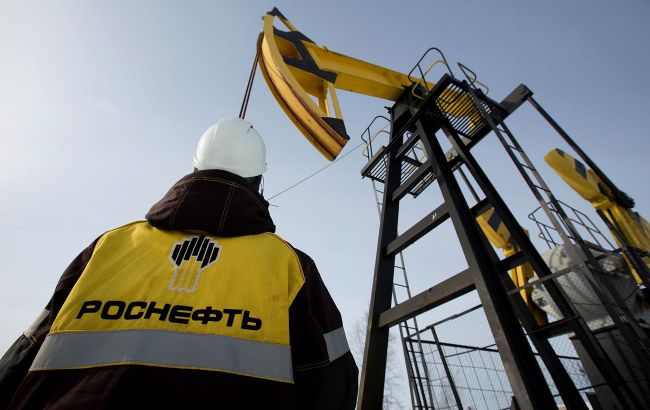Kremlin wants to merge 3 largest oil companies in Russia - ISW
 Russia is seeking alternative energy markets due to Western sanctions (Illustrative photo: Getty Images)
Russia is seeking alternative energy markets due to Western sanctions (Illustrative photo: Getty Images)
The Russian government is considering the merger of three major oil companies - Rosneft, Gazprom Neft, and Lukoil. This move is expected to help secure more favorable energy deals with non-Western countries, reports the Institute for the Study of War (ISW).
Ahead of this, The Wall Street Journal reported, citing sources, that Russian officials and executives are in talks about a potential merger of the state-owned corporations Rosneft, Gazprom Neft, and the independent company Lukoil. The merger could create the world's second-largest oil producer.
The Wall Street Journal noted that the key figure in the current negotiations is Igor Sechin, Rosneft Head and close associate of Russian President Vladimir Putin. It also mentioned that the merger could be aimed at securing higher prices for Russian oil from India or the People's Republic of China (PRC).
However, sources told WSJ that the deal could still change. It remains unclear whether Sechin will lead the merged company, and representatives from the Kremlin, Gazprom Neft, Lukoil, and Rosneft have denied that such negotiations are taking place.
The Institute for the Study of War (ISW) reminded us that Gazprom, as the parent company of Gazprom Neft, has suffered significant losses in revenue from declining energy sales since the start of Russia's full-scale invasion in 2022.
Longtime Gazprom Head Alexey Miller, failed to reach an agreement with China in early 2024 due to disagreements over the proposed Power of Siberia-2 gas pipeline.
In his address to the Valdai Club on November 7, President Putin emphasized that Russia is ready to sell oil, gas, and nuclear energy to China to compensate for energy supplies Beijing lost due to Western sanctions.
"The Kremlin may be trying to consolidate its influence in the global energy market to reach more advantageous energy deals, particularly with the PRC, amid falling revenues from international energy exports and increased federal spending on national security and defense," the ISW concluded.
European Commission President Ursula von der Leyen suggested to newly elected US President Donald Trump the idea of increasing US liquefied natural gas (LNG) exports to the EU to replace Russian gas imports.
Earlier, the US Congress urged the White House to intensify sanctions against Russia's oil services sector.
Meanwhile, Hungary signed a memorandum with Gazprom to increase the import of Russian gas.

